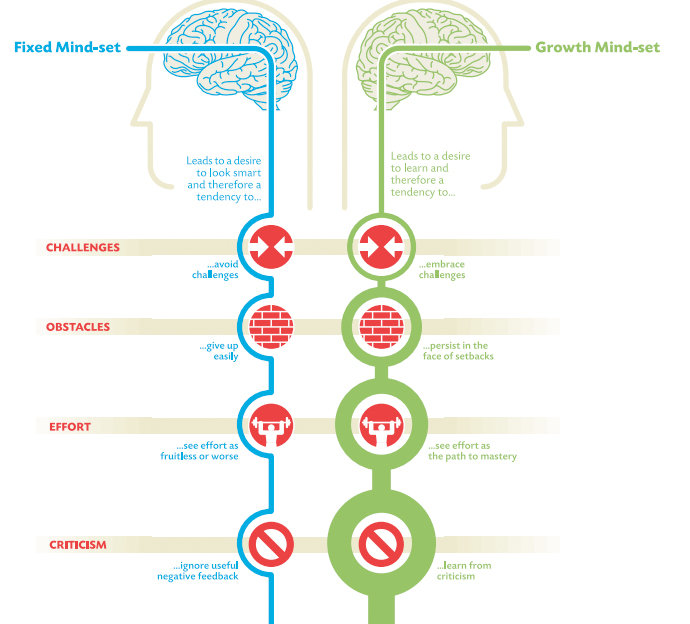Learn Ways to Study Better than 99% of your Classmates

When we look for advice on how to study better, most articles trot
out the same old factors: create a study schedule, review it frequently,
get plenty of sleep, and so on.
Now while tips like these will almost certainly be effective in
helping you reach your goals, we’re going to go a step further. We’re
going to give you tips that aren’t so common – but ones that will help
propel you beyond 99% of your fellow students all the same!
1. Combine various sources and form your own view
Generally speaking, students look for good, reliable notes (either
from classmates, books, online or resources) and then rush off to
school, feeling well prepared.
This approach can be successful, but in order to excel, it’s best to
compare several sources (books, presentations, videos and so on) and
combine these together by creating your own study material.
By doing this you can ensure that your study material doesn’t remain
static, but continuously improves. If you find something new or
interesting that’s related to the topic, then add it in.
This will help you to deepen your understanding of the issue as
you’ll have examined multiple points of view. You can then form your own
informed opinion on the matter – something that will be lacking in most
of your peers.
2. Measure your progress from the day one
It’s nothing new for students to simulate a test environment and
create or participate in quizzes to see how much they know about a
subject. However, most students test themselves like this when it is too
late and exams are already steadily approaching.
The solution is to make and take small tests regularly from the
beginning. If you can make a habit of this and incorporate it into your
study routine then you’ll have a much clearer idea of how you’re
progressing and any areas you might need to brush up in. Not only will
doing so help you retain information for longer, it will also reduce
your stress levels and prepare you for an exam-type environment.
GoConqr Quizzes
is ideal for this purpose as it collects all your test results and lets
you keep track of your scores over time, thereby letting you monitor
your progress in a given subject.
3. Use your emotional intelligence
In many cases, what really distinguishes the most outstanding
students isn’t their academic intelligence but their emotional
intelligence. “So what’s that?” you ask. Well, emotional intelligence
relates to your ability to stay motivated and cope with stressful
situations.
Research by Stanford University actually found that students’
emotional quotient (their EQ) was actually a better predictor of success
that their intelligence quotient (IQ). How you perform over time
basically comes down to whether you have a fixed mindset or a growth
mindset. Those with a fixed mindset fixate on problems and feel
overwhelmed, while those with a growth mindset embrace challenges and
treat them as a chance to learn something new.

A good strategy to build a growth mindset is to meet your learning
needs head on. Try not look at studying as merely being part of exam
preparation as this puts the emphasis on being examined instead of
instead acquiring knowledge. If you focus on learning instead of
cramming, your understanding of a topic and your ability to recall
information about it later will be far better. So approach your studies
in a positive way by viewing learning and knowledge as valuable ends in
and of themselves.
4. Don’t compare yourself to others
It may seem ironic that one of the tips on how to study better than
99% of your classmates is by not comparing yourself to them, but that
doesn’t mean it’s not true – in the end, success means something
different to each of us.
Therefore, the top students do not pay attention to what the next
person is doing because they’re focused on their own needs and goals.
Aside from that, comparing yourself to others only puts creates undue
pressure and restrains both levels of motivation and creativity. So
don’t get bogged down in competition by trying to emulate someone else –
follow point 3 and use you emotional intelligence to self-motivate your
way to achieving your own success.
5. Avoid shortcuts
In line with the above, what really matters is your personal learning
experience. Even if you know that you can get the answer to an exercise
you’re doing on the Internet or from a friend, take a step back! Of
course you can ask others for their help, but always put your personal
learning goals first and foremost. Get the information you need and find
your own answers.
Comments
Post a Comment